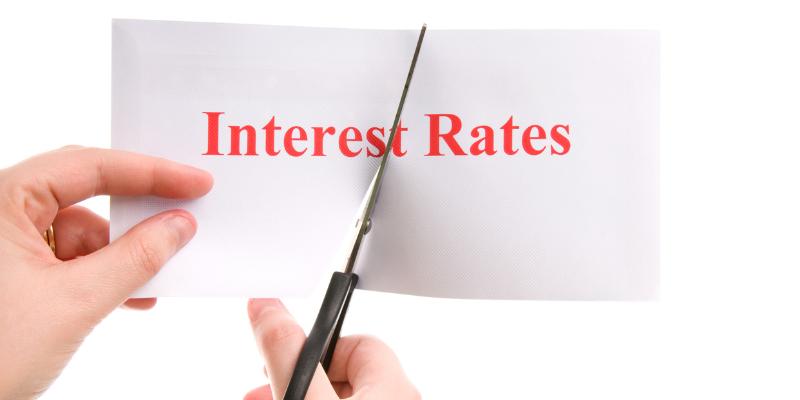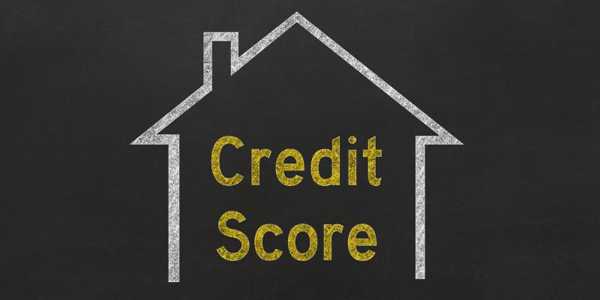
What Is The Best Credit Score For Buying A Home?
Asma
You may ask, "What is the best credit score for buying a home?" Your credit score is more than a figure; it is a crucial determinant of your mortgage eligibility and financial stability. It is critical to comprehend how your credit score affects your possibilities, whether you are a first-time buyer or want to update your existing residence.
A high credit score may lead to better loan conditions, reduced monthly payments, and competitive interest rates. This article explores minimal credit score criteria, what makes a good credit score, and practical ways to raise your credit.
Understanding Credit Scores And Their Role In Home Buying:
Your credit score indicates your creditworthiness and runs from 300 to 850. The factors used to determine your payment history, credit utilization, and the length of time your credit history has existed. Here's why it counts when purchasing a home:
1. How Important Is Your Credit Score?
Lenders assess borrower risk based on credit scores. A better score may result in more favourable loan conditions, indicating financial dependability and reducing perceived risk. On the other hand, a poor score might result in rejection or increased interest rates.
2. For a Home Loan, What Constitutes a Good Credit Score?
Excellent scores (above 740) can lead to the lowest fees and interest rates.
Good scores that nevertheless provide competitive alternatives are between 700 and 740.
A score below 620 might limit your lending options and raise your expenses.

What Credit Score Is Required To Purchase A Home?
Minimum credit scores are different for different kinds of mortgages. This is a summary:
1. Traditional Loans: Conventional loans typically demand a minimum credit score of 620. However, it would help if you strive for a score of 740 or better to be eligible for the highest prices. Although they could still be eligible, borrowers with lower scores might have to pay more in fees and interest.
2. Loans from FHA: Borrowers with lower credit ratings or little money are the target audience for Federal Housing Administration (FHA) loans.
A 3.5% down payment requires a score of 580 or above.
Only with a more significant down payment of at least 10% may those with scores between 500 and 579 still be eligible.
3. Loans from VA: Active-duty military members, qualifying veterans, and their families can apply for Veterans Affairs (VA) loans. Although the VA requires no minimum credit score, most lenders prefer applicants with scores of 620 or above.
4. Loans from USDA: Rural and suburban homebuyers are the target of USDA loans, which generally require a score of at least 640. However, there may be exclusions based on the lender.
The Effect Of Your Credit Score On Your Mortgage:
In addition to determining your eligibility, your credit score also influences your mortgage's cost.
Rates of Interest: Lenders determine your interest rate based on your credit score. For example, a person with a credit score of 760 may be eligible for a 3% interest rate, while a person with a score of 620 might be subject to a 4.5% rate. Even a 1% variation in interest rates might save or spend thousands of dollars throughout the loan.
Recurring Payments: Your monthly mortgage payments increase as the interest rate increases. The difference between a 3% and 4.5% interest rate on a $250,000 loan might increase your monthly payment by hundreds of dollars.
Conditions of the Loan: To qualify for a mortgage, borrowers with lower credit scores may have to accept shorter loan terms, larger down payments, or other costs.

How To Improve Your Credit Score Before Applying?
Increase your chances of acceptance and save thousands of dollars by improving your credit score. Here's how:
Lower The Balances On Credit Cards:
The amount of available credit you use, or your credit usage ratio, significantly impacts your score.
Try to limit your utilization to less than 30%.
One of the quickest methods to raise your score is to pay down debt.
Look For Errors In Your Credit Report:
Errors such as inaccurate late payments or out-of-date account information might reduce your score.
Visit AnnualCreditReport.com to get your credit report for free.
Correct errors immediately by disputing them with the credit bureaus.
Do Not Try To Get New Credit:
Your score drops a little with each credit inquiry.
Refrain from creating additional credit accounts in the months preceding your mortgage application.
Conclusion: Build Your Dream Home With Confidence
Mortgage rates are cheap for applicants with a credit score of 740 or above, although consumers with scores as low as 620 may still be eligible for some loans. Your credit score is essential when purchasing a property as it affects loan conditions, monthly payments, and total expenses. You may improve your financial situation by strengthening your credit through on-time payments, debt reduction, and report monitoring.
In addition to securing advantageous mortgage alternatives, having a strong credit record also helps you save money over time. For a better financial future, concentrate on enhancing your credit now.
References
https://www.bankrate.com/real-estate/what-credit-score-do-you-need-to-buy-a-house/
https://www.nerdwallet.com/article/mortgages/whats-exact-credit-score-need-buy-home




